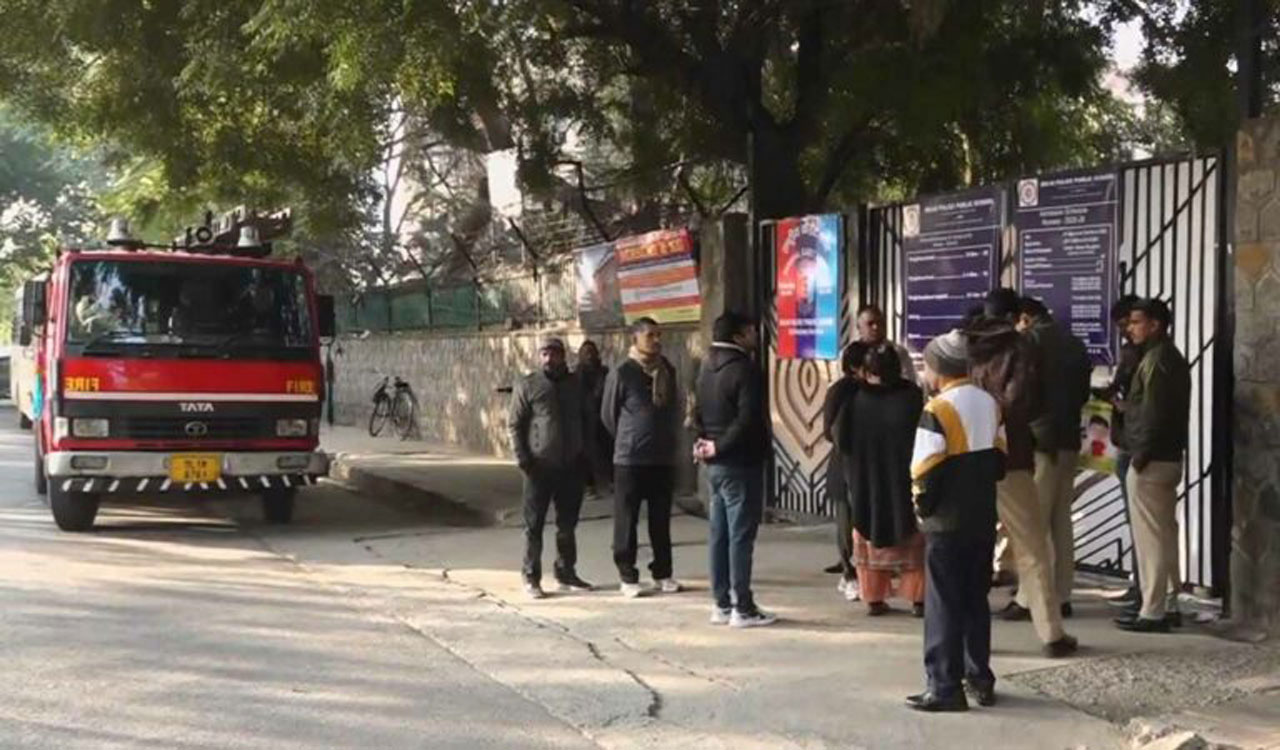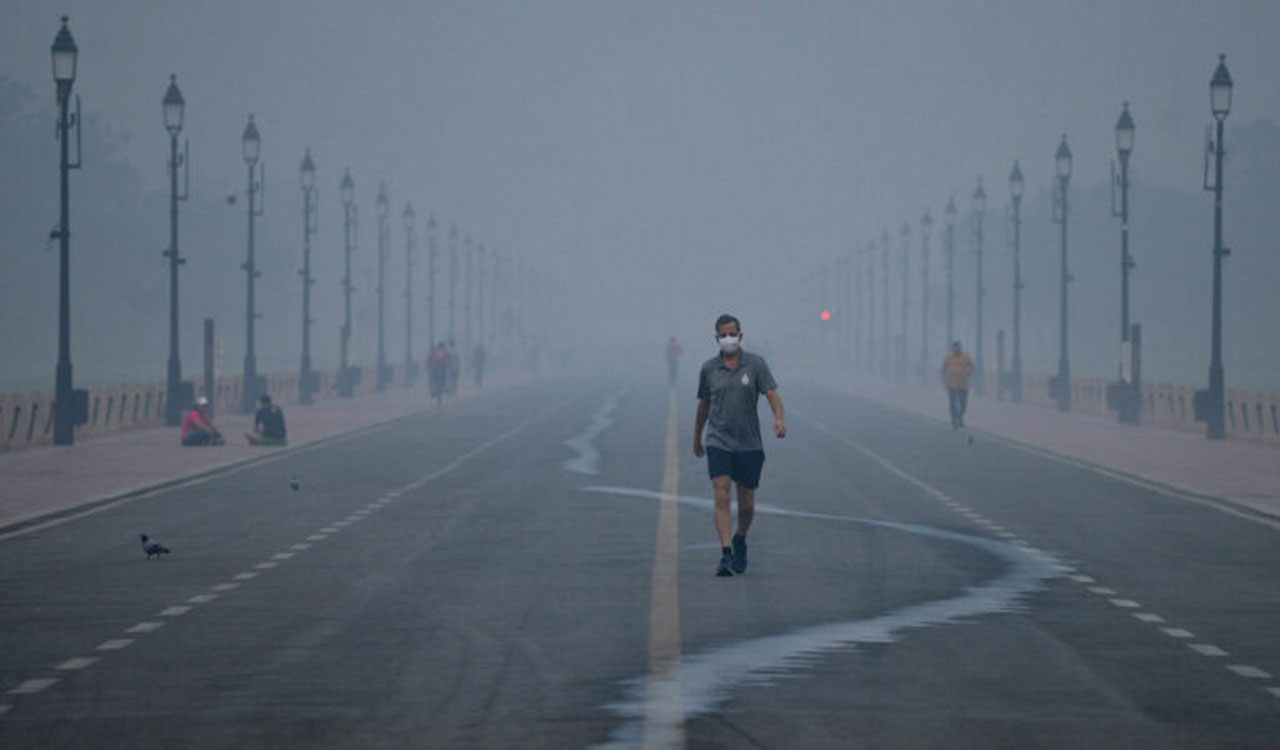Editorial: Elusive justice
The Nirbhaya Act prescribed stricter punishments for perpetrators, but a decade later, the battle for women’s safety in the country is far from won.

Hyderabad: It was around this time a decade ago, the entire nation was outraged over the gruesome gangrape and murder of a paramedic student in New Delhi. There was a spontaneous outburst of mass protests across the country demanding justice in what came to be known as the Nirbhaya case. This prompted the then government to pass a new anti-rape Act with stringent provisions. The Nirbhaya Act recognised wider and more nuanced definitions of violence against women, set penalties for inefficient police action, and prescribed stricter punishments for perpetrators, including the death penalty. However, a decade later, there seems to be no let-up in the crimes against women. The battle for women’s safety in the country is far from won. Just two days ahead of the 10th anniversary of the Nirbhaya case, a 17-year-old girl was attacked with acid by two masked motorcycle-borne men in the national capital. According to official figures, the crime rate against women has increased by over 50% in the past decade. The changes made to criminal law after the Nirbhaya case have not yielded the desired results as the problem lies with implementation to make the law a deterrent. Unless laws are implemented effectively, no progress can be made on the ground. Even the Nirbhaya Fund that was set up in 2013 for providing relief and rehabilitation for women and girls has been reduced substantially. Parliament was informed earlier this year that of the Rs 6,000-odd crore allocated under the Fund, only two-thirds had been disbursed to the ministries and departments concerned.
The Fund was also used to install CCTV cameras, ensure the safety of women in public transport and create ‘One Stop Centres’. These centres aim to facilitate women affected by violence with a range of integrated services under one roof such as police facilitation, medical aid, providing legal and psycho-social counselling and temporary shelter. It is not enough to make laws, the focus should be more on changing the mindsets of people. In a largely patriarchal culture like ours, gender sensitivity, respect for women and equality are the values that need to be inculcated from childhood. Crime data has consistently shown that in more than 95% of all rape cases, the attackers are known to the victims – they are relatives, friends, neighbours and co-workers. What gets much less coverage is the violence inside homes, and yet this is epidemic in proportion. Domestic violence is the leading crime against women in India, with four times more reported cases than rape. According to the National Crimes Record Bureau, rape cases continue to have a low conviction rate of less than 39%, indicating faulty police investigation. Inordinate delay in punishing the culprits renders the entire system ineffective and the purpose of deterrence is not served.
- Tags
- Justice
- New Delhi
- Nirbhaya Act
Related News
-
Haiti gang attack on journalists covering hospital reopening leaves 2 dead, several wounded
13 mins ago -
21 dead as Mozambique erupts in violence after election court ruling
31 mins ago -
Cartoon Today on December 25, 2024
8 hours ago -
Sandhya Theatre stampede case: Allu Arjun questioned for 3 hours by Chikkadpallly police
9 hours ago -
Telangana: TRSMA pitches for 15% school fee hike and Right to Fee Collection Act
9 hours ago -
Former Home Secretary Ajay Kumar Bhalla appointed Manipur Governor, Kerala Governor shifted to Bihar
9 hours ago -
Hyderabad: Organs of 74-year-old man donated as part of Jeevandan
9 hours ago -
Opinion: The China factor in India-Nepal relations
9 hours ago



